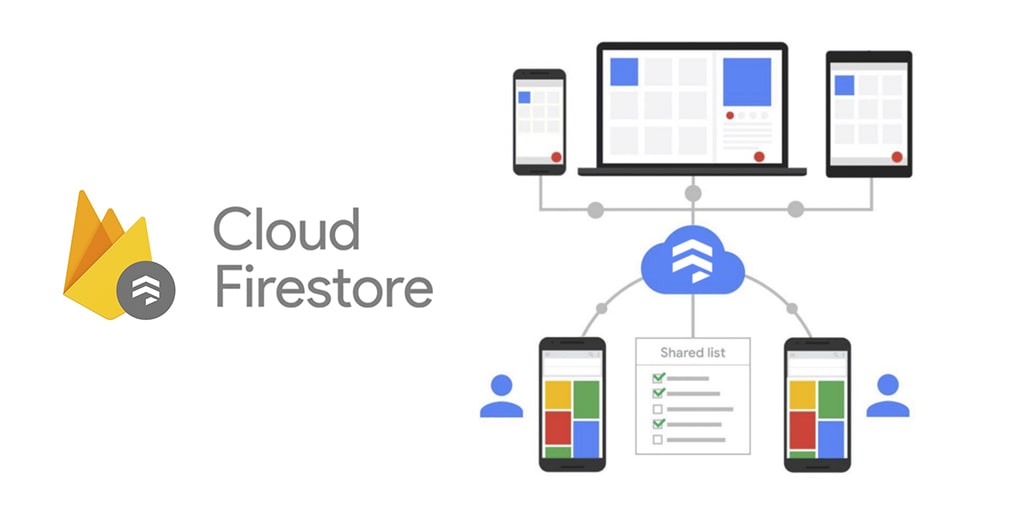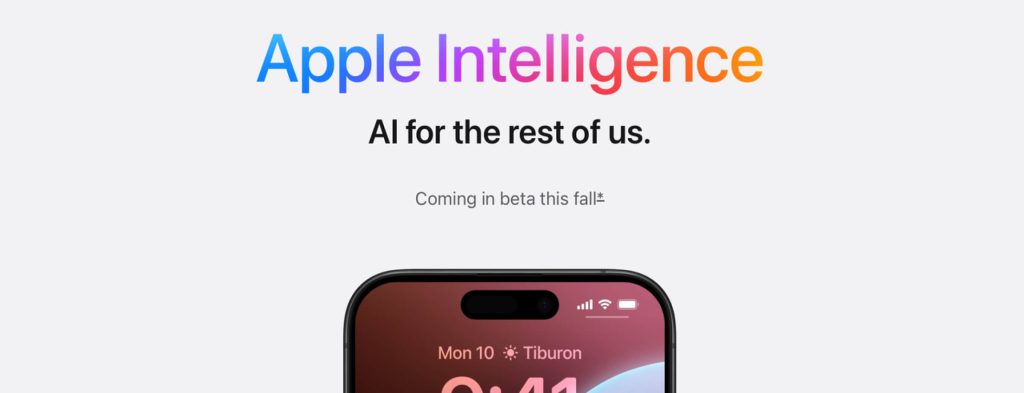Cloud Firestore is Firebase’s fully managed cloud-native NoSQL document database that is fast and serverless. It simplifies syncing, storing, and querying data for mobile, web, as well as IoT apps. With the benefit of Google Cloud, it offers great scalability. It provides live synchronization and offline support.
There are numerous popular database options available to include Amazon Dynamo DB, Redis, and even Google’s own Firebase Realtime Database. So, there is a frequently asked question that with Google already having its own Realtime Database, why did Google find it important to create Cloud Firestore?
Leveraging its years of experience and research with databases, Google has introduced Cloud Firestore with the aim to offer the best database solutions to the world and to cover some of the limitations of the previous Firebase database in terms of performance, functionality, and scalability.
What Are the Benefits of Google Cloud Firestore?
Let’s see the prominent features and benefits of Google Cloud Firestore that make it a preferred database solution.
1. Combines the Benefits of Firebase with Google Cloud Platform
Google Cloud Firestore is a collaboration of the Google Cloud platform with Firebase thus leveraging the benefits of both. It combines the expertise earned from the Firebase Realtime Database with the scalability of the Google Cloud Platform. It also offers an automatic upgrade.
2. Cloud or Serverless Solution
Cloud Firestore is a serverless solution designed to provide a great developer experience and to simplify app development. So, with this, there is no need to set up an intermediary server to manage access to your data.
It is integrated with both Google Cloud Platform and Firebase that is Google’s mobile development platform, offering benefits of both.
Being a serverless solution, Cloud Firestore is very helpful for prototyping, iterating, and getting a production system up and running quickly and with ease. It offers live synchronization and offline support.
3. Offers Excellent Data Handling Capabilities
Cloud Firestore offers the benefits of ACID transactions that are atomicity, consistency, isolation, and durability, across hundreds of docs and collections.
It requires less data flattening or denormalization as it is more structured and utilizes nesting of objects. Cloud Firestore supports indexed queries, thus it enables you to combine filtering and sorting on a property in a single query.
It offers atomic (either all or nothing executes) write and transaction operations that can be batched and completed atomically. This also means that the transactions will keep repeating until completion, automatically.
4. Designed to Scale
Cloud Firestore is a fast NoSQL database designed for scaling with the powerful infrastructure of Google Cloud Platform offering automatic horizontal scaling (in and out) as per the application’s load.
With Cloud Firestore, it is easier to handle and organize at scale even complex, hierarchical data as it stores data as a collection of documents, using sub-collections within documents.
Cloud Firestore is a multi-region solution that scales automatically. It offers global scalability and strong reliability as it distributes your data across multiple data centers in distinct regions. It is available in regional or multiregional configurations around the world.
Scaling is completely automatic with Cloud Firestore and it allows scaling to up to 1 million concurrent connections and 10,000 writes/sec.
5. Promises Robust Security
Cloud Firestore offers automatic multi-region replication and strong consistency. This ensures that even if some disaster occurs, your data is safe and available.
It provides flexible and robust security for both mobile and web platforms with Cloud Firebase Security Rules (with flexible rules syntax), and for server SDKs with Identity and Access Management.
With Cloud Firestore, you get automatic data validation with non-cascading rules (where the rules don’t cascade by default without a wildcard) that combine authorization and validation.
Cloud Firestore allows you to write rules. Although there are no loops, assignments, or procedural statements, it allows you to write complex expressions that lead to a final true or false value.
6. Enables Offline Support
Cloud Firestore provides offline support for mobile (iOS, Android) as well as web clients. Thus, when data on the back-end changes, your applications can be updated in near real-time.
It offers built-in offline support and uses local cache to serve and store data. It enables syncing of data across devices, both online or offline.
With Cloud Firestore, the app remains responsive regardless of network latency or internet connectivity. The app can read, write, listen to, and query data even when the device is offline. If changes are made in the offline state, the same will be synced to the cloud when the client comes back online.
7. Cost-Effective Pricing
Google Cloud Firestore is an affordable database solution. The pricing model is different here. It charges for operations performed in the database to include the number of reads, writes, and deletes, apart from the charges of network bandwidth and the amount of storage.
Even though it charges for operations plus network bandwidth and the amount of storage, the overall rates and usage costs of Cloud Firestore are very low.
With Cloud Firestore, you can also check the usage through the “usage” tab that shows a graph of reads, writes and deletes too for the relevant period.
Cloud Firestore Vs Amazon DynamoDB and Redis – Which Is the Best?
Numerous factors decide the success and popularity of a database. Apart from Cloud Firestore, Amazon DynamoDB and Redis are also well-known and widely used database solutions. So, can we really decide which one is better among Cloud Firestore, Amazon DynamoDB, and Redis?
Cloud Firestore is easy to use, easy to set-up, and superfast. It offers cloud storage with the benefits of a real-time database. It is relatively new and designed as an improvement over the previous Firebase database. It has numerous benefits as discussed above. It is preferred over the three listed here, for its ease of use and powerful querying.
Amazon DynamoDB is a NoSQL DaaS. It is preferred over its competitors for its predictable performance and costs. It is scalable, cost-effective, and secure. It offers native JSON support. It is preferred among the three listed here when costs are the main consideration as you pay for only what you use and the pricing is very low. Amazon DynamoDB is deployable only on AWS. One major limitation of this database solution is that querying data is extremely limited.
Redis is an in-memory database that is super-fast, high on performance, and easy to use. It offers an in-memory cache. It is an open-source database also known as a data structure server as keys can contain strings, hashes, lists, sets, and sorted sets. While it is a popular and preferred database solution for performance where it fares better over the others, scalability is limited with Redis as it gets really expensive to scale.
It would not be easy or even appropriate to compare these databases against each other. Overall, each of these has its own pros and cons. So, ideally, it is good to use multiple databases together based on specific project needs. For example, if you use Redis with Cloud Firestore, you can make use of the pros of both of these and eliminate the limitations of each.
To Summarize
When it comes to database selection, nothing is “perfect”. You need the ideal combination based on your project needs and you can choose and use multiple together.
While the previous database by Firebase had enough positives to offer, some limitations existed that led to the creation of Cloud Firestore. And, with time, we can expect newer solutions that may fare better.
In totality, the Cloud Firestore database is a gift from Google that reflects Google’s enormous experience and research with an intent to offer the best product to us.
We develop cloud native applications using open standards for interoperability.
Just try Cloud Firestore and share your experience with us!






